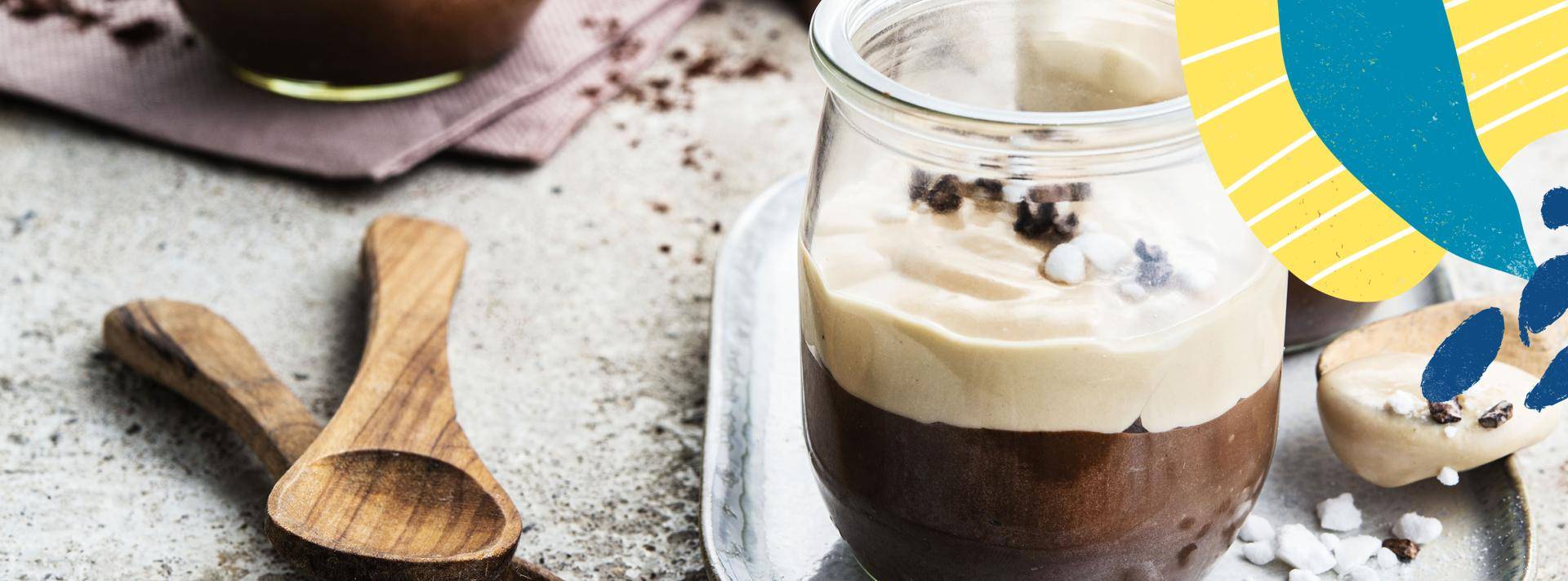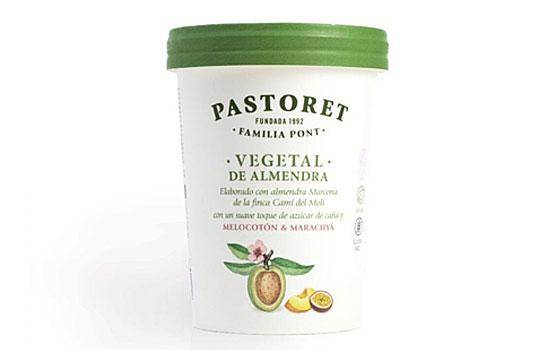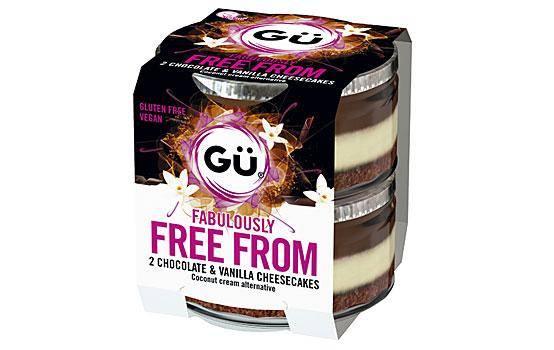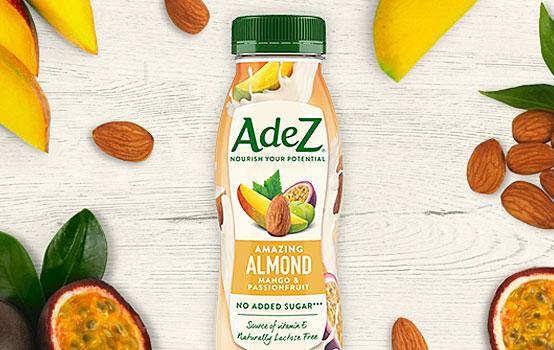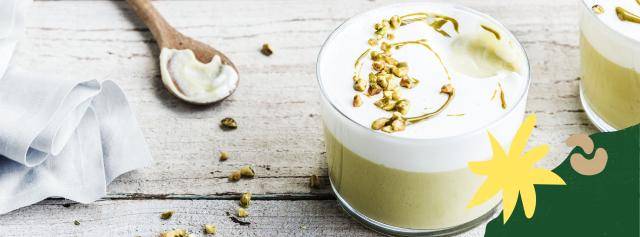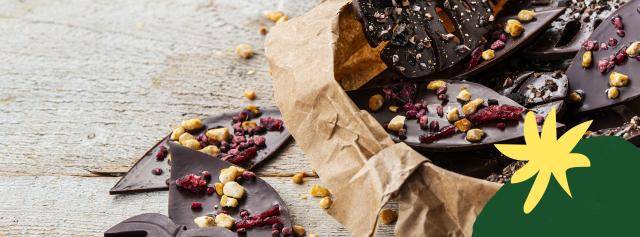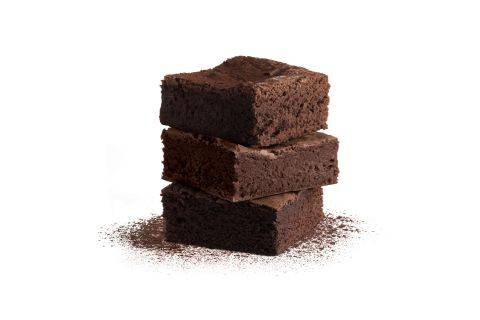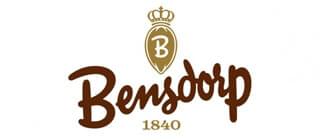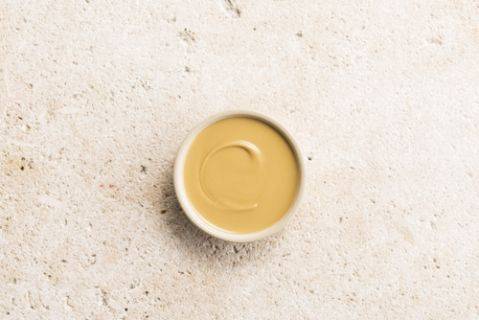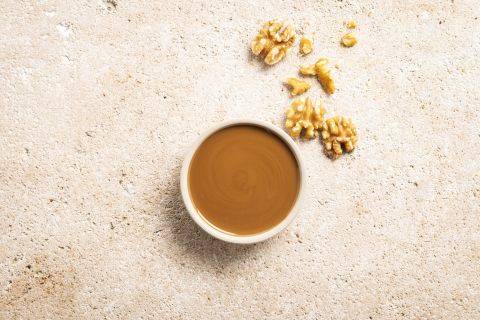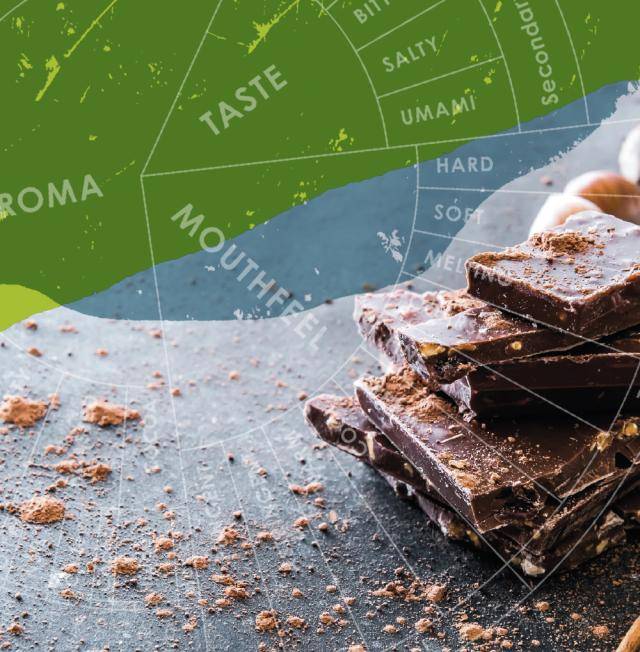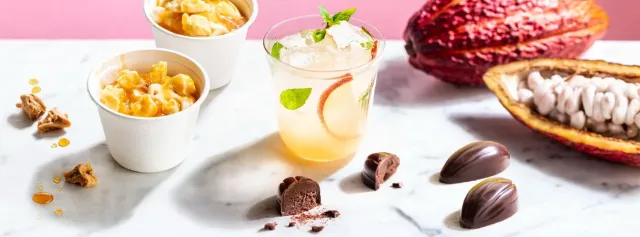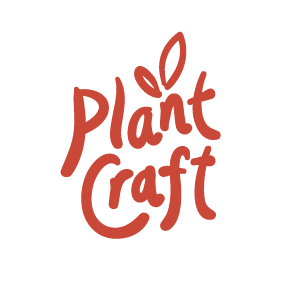
Plant-based is here to stay
Still emerging a few years ago, the plant-based desserts and drinks category boomed thanks, in part, to flexitarians: people buying dairy one day, dairy-free the next. The taste of the products has greatly improved and there is more choice of dairy alternatives than ever. Almond, coconut and oat-based products are the most popular.
Western Europe was the most dynamic region globally in terms of launches: 724 newly launched plant-based drinks, 352 plant-based yogurts, representing respectively 39% and 66% of all launches globally1.
The Western European dairy-free drinks and desserts market is large and dynamic. According to Euromonitor:
- Plant-based yogurts: 627m€ in retail value in 2019 and is expected to grow +8.1% CAGR 2019-2024. The biggest market is France with 180m€, followed by Italy, Germany and the UK (78m€, 75m€ and 67m€ respectively)
- Plant-based drinks: 2204m€ in retail value in 2019, expected to grow +9.3% CAGR 2019-2024. The biggest market is Spain (456m€), closely followed by France, the UK and Germany (406m€, 362m€, 271m€ respectively)2.
Interested in entering this market?
Discover how companies are positioning their drinks and desserts products and get inspired:
1 - Taste first
Whether on a vegan diet or not, taste is the key purchase driver for consumers. Once accustomed to dairy-free drinks and yogurts with an off taste and sandy texture, consumers now navigate between dairy and tasty dairy-free drinks and desserts. Top flavors include fruits such as strawberry or mango, or brown flavors such as chocolate and caramel1.
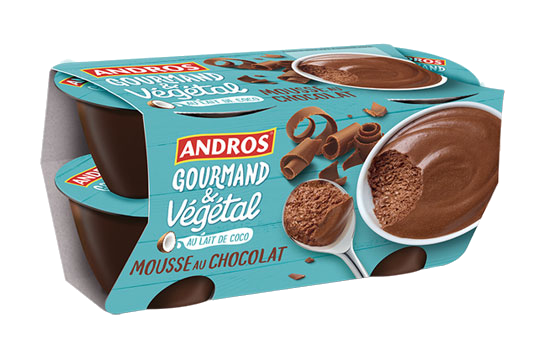
Andros (France) launched their Gourmand et Végétal coconut-based chocolate mousse, with 16% chocolate. Vegan and made in France.
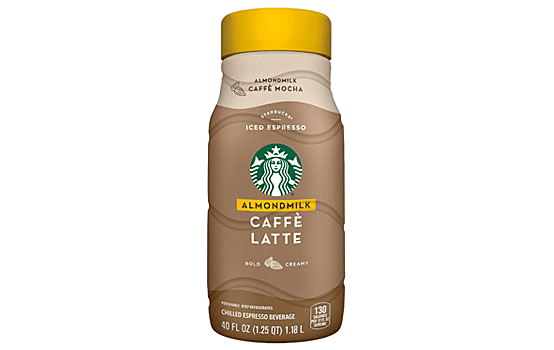
Starbucks (US) ice caffé latte made with almond drink.
2 - Better-for-you
As consumers easily navigate between dairy and non-dairy drinks and desserts, they are looking for similar functional benefits. Some brands, therefore, position their products beyond vegan with additional functional claims: without added sugar, high in protein, or source of probiotics for example.
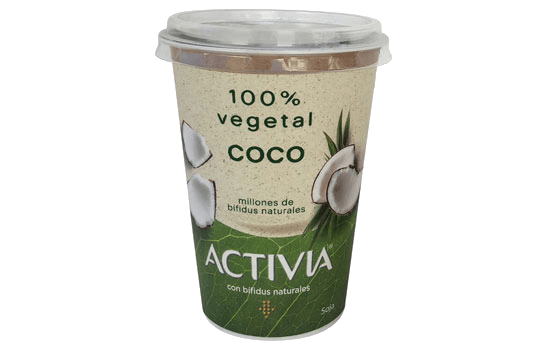
Activia (Spain), the well-known yogurt brand, introduced a new soy-based range. It is enriched in probiotics, just like the dairy version.
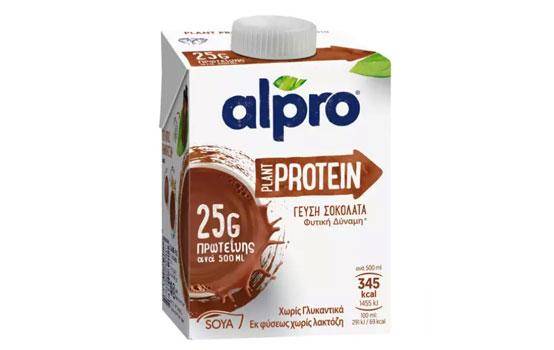
A new Alpro chocolate soy-based drink (Greece) claiming 25g of protein per 500ml of product. Conveniently bottled in 500ml, it is an easy and delicious way to get more plant protein.
3 - What’s next?
Barry Callebaut offers a wide range of dairy-free nut pastes and cocoa powders that are perfectly suitable for plant-based drinks and desserts.
Discover our products here
Learn more about the difference between vegan, dairy-free and non-dairy claims.
Source:
1. Innova, 2019
2. Euromonitor, 2019
